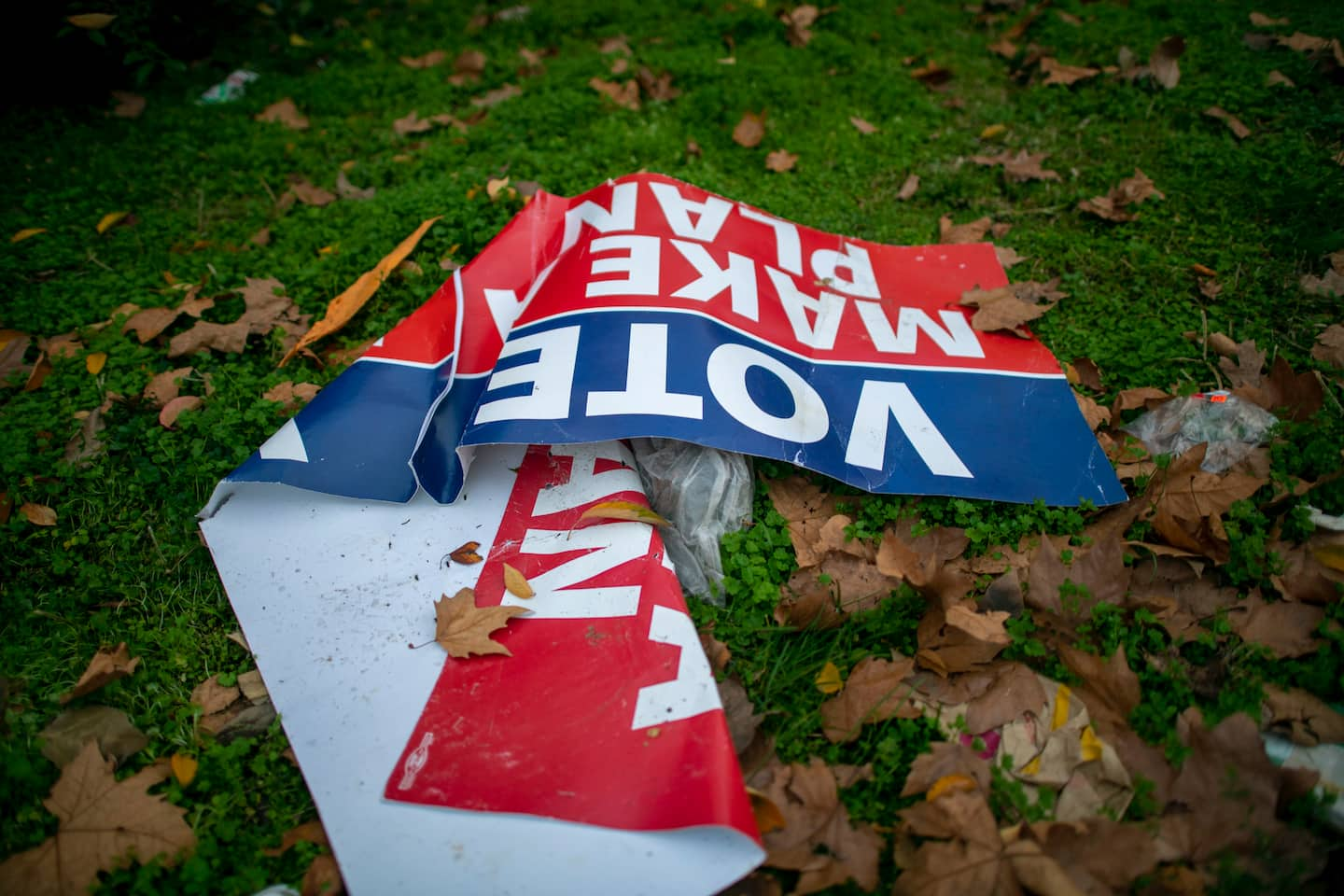Could the electoral college be stolen from Biden?

It’s enough of a potential threat that Michigan Attorney General Dana Nessel (D) felt compelled to acknowledge it. She said she’s concerned Republicans are trying to use baseless claims of voter irregularities to take Biden’s 16 electoral votes away from him, even though he won the state by more than 148,000 votes. “We will do everything we can possibly do in the state of Michigan to ensure that does not occur,” she said on a call with reporters, “and that the slate of electors accurately reflects whoever received the most votes.”
Here’s what new reporting suggests Republicans may be trying to do to help Trump — and what we know about whether it’s legal or feasible.
Convince state legislatures to change the results
We know Trump is floating this. A top Pennsylvania Republican was quoted talking about this with the Atlantic before the election. And in Michigan, the state legislature can step in to decide a county’s dispute on whether to certify results in that county, which The Post reports has some Democrats worried a loophole exists for GOP leaders to assert control over assigning electors.
The Constitution says states get to decide how to allocate their electors. They have all settled on, sensibly, giving electors to whoever wins the popular vote in their state. Lawmakers can change that, but they’d need to do it before the election, not after. That’s according to experts on law, the Constitution and democracy from a wide ideological range on the cross-partisan National Task Force on Election Crises. Doing so, they argue, would violate federal law that requires all states appoint their electors based on what happens on Election Day.
Any attempt to appoint electors in another way after the election would almost certainly face serious legal challenges in courts. And state legislative leaders in both Michigan and Pennsylvania have expressed skepticism — if not outright denial — of having any plan to do this.
Convince enough electors to switch their votes
Trump allies seem focused on using state legislatures to switch electoral votes rather than finding support among so-called “faithless electors.” Reports The Post: “In Pennsylvania, GOP lawmakers were the target of social media campaigns demanding the appointment of electors who favor Trump.”
But if the Republican Party is considering far-fetched possibilities, let’s run down this one. It’s even more unlikely than the first.
Based on the way we expect results to turn out, Trump would need about 40 electors to defy their state’s popular vote for Biden and cast ballots for Trump when the electoral college meets in mid-December. That’s equivalent to all electors in Pennsylvania and Arizona and then a handful of others elsewhere. In other words, it would be a historic electoral revolt. In 2016, seven electors changed their votes.
“Altogether, there have been 23,507 electoral votes counted across 58 presidential elections,” says the nonpartisan voting advocacy group Fair Vote. “Only 90 electors have cast ‘deviant’ votes.”
The Supreme Court ruled this summer that a state can punish electors for changing their votes away from that state’s popular vote. But they don’t have to. Not every state has punishments in place, and some have only minimal fines.






